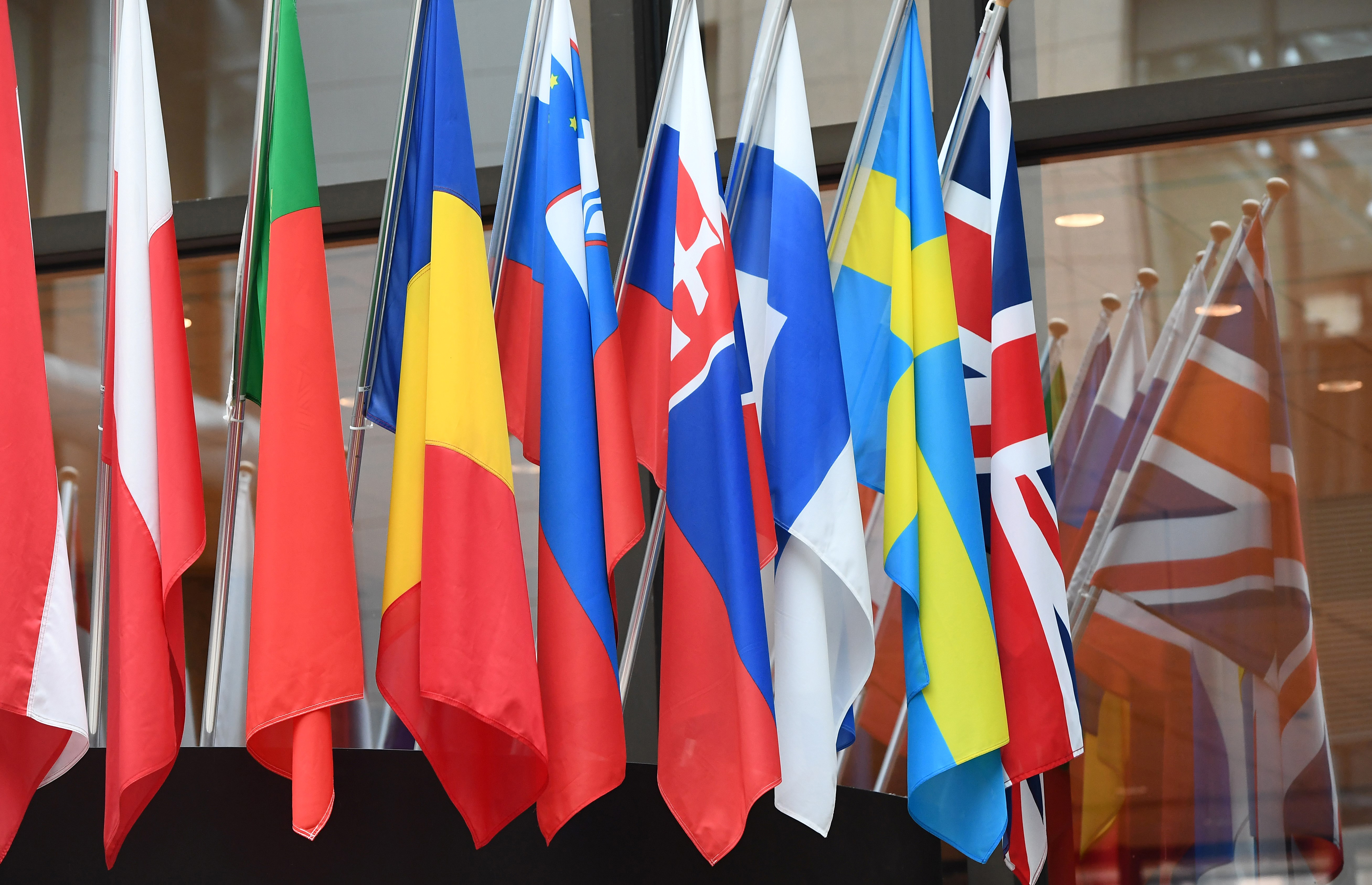Your Article 50 questions answered


What’s happening today?
Theresa May is sending a letter to Donald Tusk, the President of the European Council, informing him of Britain’s intention to pull out of the European Union.
Under Article 50 of the Treaty of Lisbon, this means that the EU treaties and the laws that flow from them will no longer apply to Britain two years from now.
The process can be extended if the 28 member states of the European Council unanimously agree.
If there is no extension, we have two years to negotiate arrangements for Britain’s withdrawal, “taking account of the framework for its future relationship with the Union”. If no agreement can be reached,
Britain leaves anyway.
The five brief paragraphs that make up article 50 offer little detailed guidance about what will actually be decided in the talks.
What is up for negotiation?
Theresa May set out an ambitious plan in January that went beyond what many expected the two-year talks to cover.
She said she wanted an agreement allowing for the “freest possible trade in goods and services” between Britain and EU states.
It’s not clear whether the EU is willing or able to negotiate a trade deal that meets Mrs May’s aspirations within two years.
There’s still a lot we don’t know about the talks – but the Prime Minister’s speech did bring some clarity about what Britain will and will not be asking for.
The UK will not seek to stay in the EU’s single market. Laws that were made in Brussels will not be scrapped overnight – they will be converted into British law.
Could another member state veto a deal?
A tricky question.
On the face of it, the Article 50 withdrawal agreement cannot be scuppered by a single country, because it only needs a qualified majority vote in the European Council (20 out of 27 member states, representing at least 65 per cent of the remaining EU population) and a simple majority vote in the European Parliament.
But the more ambitious the deal, the more complicated things get.
If Britain wants a full Free Trade Agreement, recent legal opinionsuggests such a deal would be classed as a “mixed agreement” – something that would need agreement from EU bodies and individual member states, who would then have to ask their parliaments and in some cases regional assemblies to ratify the final deal.
The danger here is a repeat of what happened last year, when the tiny Belgian region of Wallonia threatened to derail a massive EU-Canada trade deal.
The EU’s chief negotiator Michel Barnier has made it clear that he believes a full UK-EU Free Trade Agreement would “undoubtedly” be classed as a mixed agreement, meaning any member state could effectively veto it.
And if Britain wanted to push for an extension of the two-year negotiating deadline, any member state could veto that too.
What happens if there is no deal?
Britain would still leave the EU, but there would be enormous uncertainty about a huge range of issues.
The legal status of EU citizens who live in the UK, and of Britons who live in Europe, would be left undecided.
In terms of trade, the EU would have to slap tariffs on imports from the UK, and we would have to follow suit. This wouldn’t be out of spite – both sides would have to follow World Trade Organisation rules that specify tariffs.
Will EU citizens be deported?
Before the referendum, Leave campaigners made blanket assurances about EU citizens in Britain automatically retaining their citizenship rights.
Legal experts told us at the time that this was nonsense, and it has indeed proved to be the case that the right to live and work in Britain remains a key negotiating point.
The government voted down a Lords amendment on this, leading to anger from some EU migrants living in Britain, but reporting of the amendment may have been slightly overcooked.
The Lords didn’t actually call for Theresa May to guarantee EU citizens’ rights. The amendment would simply have committed the government to bring forward proposals on the issue within three months of triggering Article 50.
It could be that the citizenship issue is dealt with swiftly anyway, since both Mrs May and Michel Barnier say it will be a top priority in the talks.
Could Britain still change its mind about Brexit?
There’s a spectrum of legal opinion this but no definitive answer, since no one has ever tried to pull out of the EU before, let alone change their mind halfway through the process.
Two eminent lawyers, Sir David Edward and Professor Derrick Wyatt, told the House of Lords EU Committee that there was nothing in Article 50 that ruled out a country changing its mind, perhaps after a change of government.
Other academics disagree, seeing the Article 50 process as irreversible when triggered.
Apart from the law, there is politics to consider: MPs from all sides have said it is unthinkable that a UK government would try to ignore the result of the EU referendum.
Does Britain really owe the EU £50bn?
Experts have told us how they think EU negotiators have apparently arrived at a figure of tens of billions.
They are counting the money Britain previously promised to spend on EU budgets until 2020, as well as commitments to fund projects that might happen years in the future, pension commitments and more.
Both the principles and the numbers used to calculate the “exit bill” are open to argument, but Monsieur Barnier has indicated that he sees a settlement of outstanding financial commitments as central to the withdrawal agreement.
Theresa May has said: “The days of Britain making vast contributions to the European Union every year will end”.
As with so much else in these negotiations, we will simply have to wait to see what kind of deal is thrashed out.

